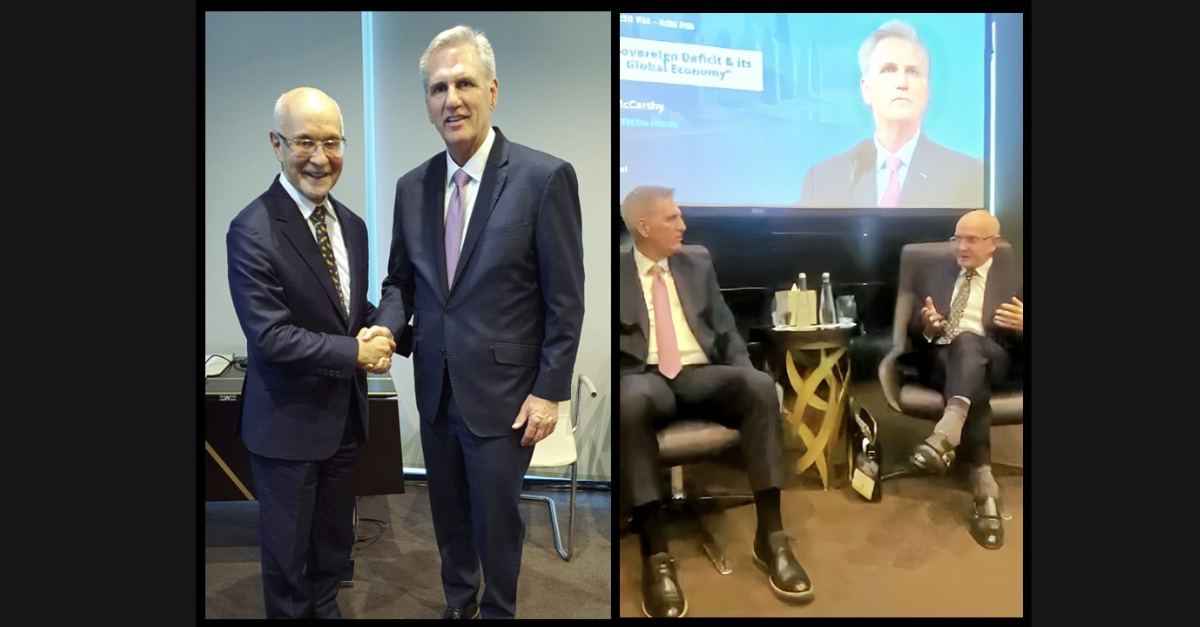Notifications

7 minutes, 25 seconds
-14 Views 0 Comments 0 Likes 0 Reviews

As the world rapidly evolves, geopolitical shifts are reshaping global policies and international relations. These changes are marked by emerging challenges, the evolution of key alliances, and new economic opportunities. From the ongoing Middle East crisis to the rise of China, global power dynamics are undergoing dramatic shifts. In this blog, we’ll explore insights into these changes, touching on Boris Johnson’s perspectives on international security, the evolving role of NATO, the UK’s post-Brexit strategy, and the most pressing geopolitical issues today.
The Middle East has long been a region of geopolitical significance, and the ongoing crises here continue to influence global security and economic strategies. From the Syrian conflict to tensions surrounding Iran, the Middle East remains a hotspot of instability, which has far-reaching effects on global policies.
The Middle East crisis is reshaping global power dynamics, with countries like Russia and the United States increasing their influence in the region. For Europe, the refugee crisis and the security risks from extremism have been central to policy debates. The situation also affects global oil prices and has significant implications for energy security worldwide. Understanding the challenges in this region is critical for shaping future global strategies.
At the AIM Summit Dubai roundtable, former UK Prime Minister Boris Johnson offered valuable insights into the current state of global affairs. He discussed the changing role of NATO post-Ukraine war, noting the evolving nature of global security. The war in Ukraine has led to a reassertion of NATO’s role in European defense and has highlighted the need for stronger collective security mechanisms.
Boris Johnson emphasized that NATO must continue to adapt to new threats in an increasingly multipolar world. He also touched upon the importance of the Global Britain vision as the UK seeks to redefine its global position following Brexit. By fostering relationships with emerging markets and maintaining its leadership in multilateral organizations, the UK can contribute significantly to global stability.
The Global Britain vision is central to the UK's post-Brexit foreign policy. Under this strategy, the UK aims to play an active role in the global economy, strengthen ties with former Commonwealth nations, and leverage its position in key global trade agreements. With an emphasis on economic diplomacy, the UK is pursuing free trade agreements such as the CPTPP and strengthening its fast-growing trade relationship with India.
Boris Johnson’s vision for Global Britain underscores the importance of an outward-facing foreign policy that fosters international collaboration. While the UK’s relationship with Europe remains complex, its new trade deals are positioning the country as an increasingly influential player on the world stage.
The global geopolitical landscape is undergoing significant shifts as the power balance moves from the West toward the East. The rise of China is a central component of this transformation, with China expanding its economic influence through initiatives like the Belt and Road Initiative. Meanwhile, the West faces challenges in maintaining its global leadership role.
The growing geopolitical shifts are also influencing global trade patterns. Countries are diversifying their trade relationships and adjusting their policies to align with the changing landscape. This includes addressing global supply chain disruptions, increasing focus on sustainability, and embracing digital technologies in diplomacy.
As global power dynamics shift, global security is a growing concern. The implications of the Ukraine war, the threat of cyber-attacks, and the rise of authoritarian regimes have highlighted the need for stronger international security frameworks. New technologies, including artificial intelligence and cybersecurity, are shaping modern security strategies.
Moreover, emerging threats like climate change and pandemics have added complexity to global security. Nations must work together to address these challenges, with international cooperation playing a critical role in ensuring stability in the years ahead.
Multilateral organizations, such as the United Nations, NATO, and the World Trade Organization, play an essential role in promoting global stability. These organizations provide platforms for countries to collaborate on issues ranging from peace and security to economic development and human rights.
As the global order evolves, these organizations must adapt to address the new challenges posed by geopolitical shifts. The UK, with its leadership in institutions like NATO and the G7, continues to contribute to global security and diplomacy, pushing for reform in international governance to better reflect today’s geopolitical realities.
The future of global diplomacy hinges on the ability of nations to navigate these geopolitical shifts and adapt to the evolving global landscape. Boris Johnson’s insights on global shifts emphasize the need for strong leadership, international collaboration, and strategic foresight in tackling the challenges ahead.
From the Middle East crisis to the rise of China and the role of NATO in a post-Ukraine world, the challenges are vast and complex. However, they also present opportunities for nations to build stronger alliances, foster economic growth, and contribute to global stability. As global trends continue to shift, international cooperation will remain crucial for shaping a peaceful and prosperous future.
Geopolitical challenges Global shifts NATO post-Ukraine war Global Britain vision Boris Johnson insights Middle East crisis Global security Future global trends UK foreign policy International relations

